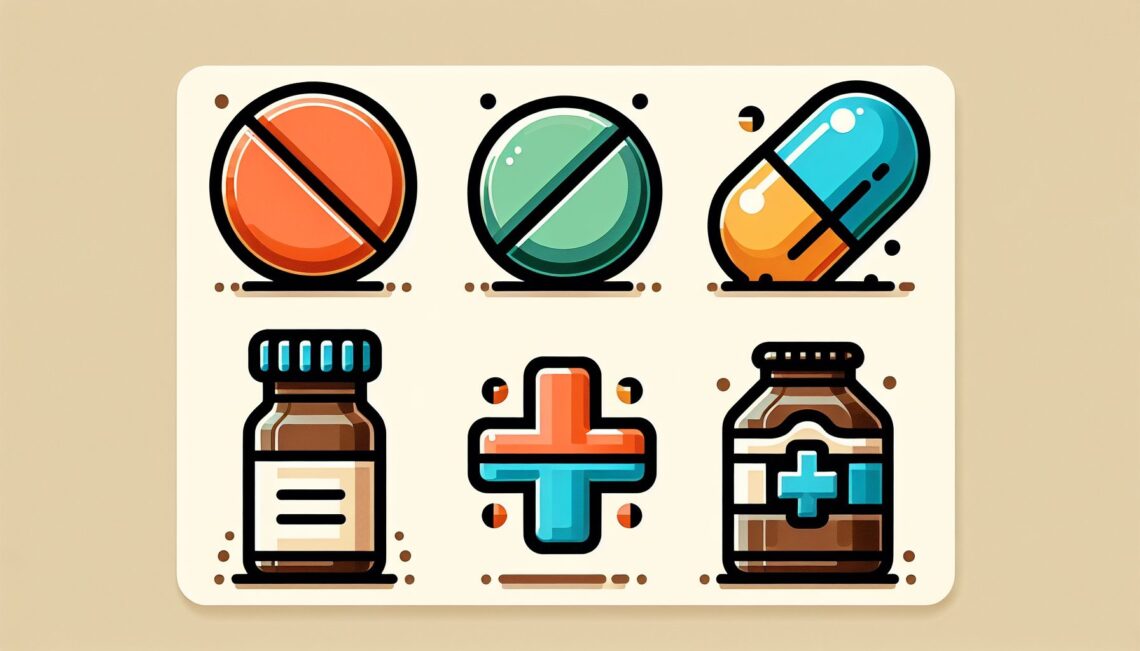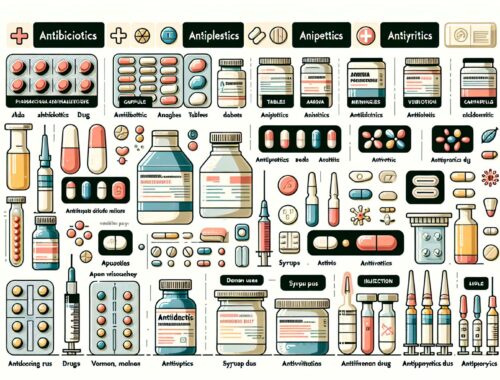
Understanding the Different Types of Medicines
Medicines play a fundamental role in maintaining our health and treating various medical conditions. From relieving pain to fighting infectious diseases, medicines have revolutionized the way we live and thrive. However, not all medicines are the same, and it’s essential to understand the different types and how they work to ensure their safe and effective use. In this article, we will explore the diverse categories of medicines, shedding light on their characteristics and purposes.
Over-the-Counter (OTC) Medicines
OTC medicines are those readily available for purchase without a prescription. They are used to treat common ailments such as headaches, allergies, coughs, and colds. These medicines are often considered safe when used as directed. However, it is crucial to be aware of potential side effects, drug interactions, and contraindications. Always read and follow the instructions, and consult a healthcare professional if you have any concerns.
Prescription Medicines
Prescription medicines, as the name suggests, can only be obtained with a written order from a licensed healthcare professional. These drugs are typically more potent and are prescribed to treat specific medical conditions. Prescription medications undergo rigorous testing and evaluation processes to ensure their safety and efficacy. It is crucial to follow the prescribed dosage, timing, and duration meticulously, as instructed by the healthcare professional.
Generic Medicines
Generic medicines are bioequivalent alternatives to brand-name medicines. They have the same active ingredients, dosage form, strength, and intended use as their brand-name counterparts. The primary difference lies in their pricing, as generic medicines typically cost less. Although the shape, color, or flavor may differ from the brand-name version, their therapeutic effect remains the same. If available, generic medicines can provide a cost-effective option for patients while maintaining their treatment effectiveness.
OTC Supplements
OTC supplements include vitamins, minerals, herbal products, and dietary supplements. These products often come in the form of tablets, capsules, powders, or liquids and can be readily purchased without a prescription. While they are intended to supplement a healthy diet, it is crucial to consult with a healthcare professional before starting any new supplements. Dietary supplements may interact with other medications or have contraindications, so professional guidance is essential.
Vaccines
Vaccines are critical tools in preventing diseases caused by bacteria or viruses. They work by stimulating the immune system to produce an immune response against specific pathogens. Through vaccination, individuals can develop immunity to diseases like influenza, measles, hepatitis, and many others. Vaccines are usually administered via injection, but some may be given orally or nasally. Regular vaccination is vital to maintaining personal and public health, preventing the spread of infectious diseases.
Conclusion
Medicines come in various forms, serving distinct purposes in maintaining our health and well-being. Whether it’s treating a common headache with over-the-counter pain relievers or managing chronic conditions with prescription medications, understanding different medicine types is crucial. Always consult with healthcare professionals, read instructions carefully, and be aware of potential side effects or interactions. By utilizing medicines appropriately, we can leverage their benefits and achieve optimal health outcomes.
You May Also Like

Exploring the Different Types of Medicines
March 9, 2024
Understanding the Different Types of Medicines
December 28, 2023

